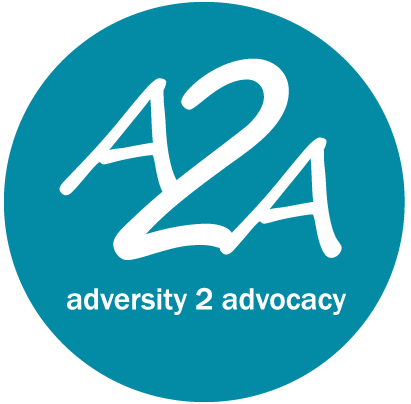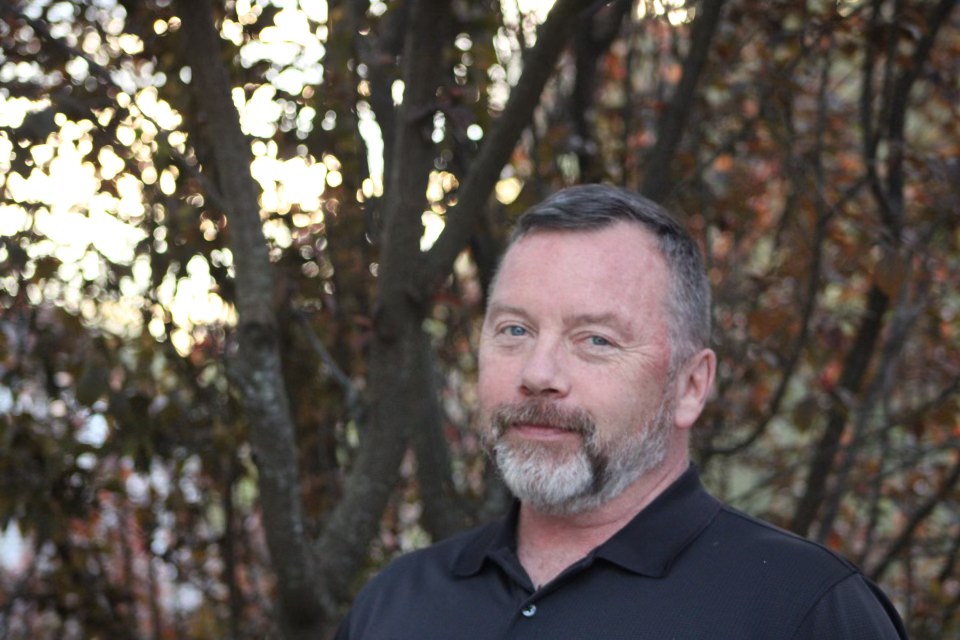Shannon Shy
Adversity: Battled OCD while on active duty with the U.S. Marine Corps
Advocacy: Published his OCD recovery story in “It’ll be Okay”
“It has been extremely rewarding and very therapeutic trying to help other people. Maybe that’s the reason my OCD is almost non-existent now – the fact that I’m helping others, trying to be a role model.”
Shannon Shy is a retired Marine and a retired civilian attorney with the Department of the Navy at the Pentagon. He turned 60 in 2023. Looking back, Shannon can identify a few OCD symptoms while he was attending Southwest Missouri State – such as the time he went on the road with his wrestling team and couldn’t shake the feeling that he’d left his electric blanket on back home and that he might burn down the residence he shared with 10 other guys. But it wasn’t until 1992 when his first son was born, while he was serving as a U.S. Marine Corps Captain at California’s Camp Pendleton, that he really noticed his life beginning to change because of his compulsions. His OCD became increasingly worse through 1997, at which point he was stationed at Camp Lejeune in North Carolina. An incident one day on his way to the base pushed him to get help. Despite his hesitancy to meet with a psychiatrist on base – unsure what the Marines would do if they found out about his condition – Shannon began treatment, a combination of drug and cognitive behavioral therapy.
Once he figured out how to deal with OCD, Shannon didn’t want any part of the condition. “I didn’t want to be associated with OCD, so I kind of put it out to pasture,” he says. “I put it really behind me and didn’t want anybody to know I had it.” That changed in 2006 when a woman confided in Shannon that she had OCD and he, in turn, did the same. His revelation, she told him, changed her life. She suggested he share his story with others, which he did in his book “It’ll Be Ok: How I Kept Obsessive-Compulsive Disorder (OCD) from Ruining My Life.” “I thought, Maybe that’s why God had me go through OCD,” Shannon says. “I really should try to help other people.” Shannon has written two other books on OCD recovery, the latest called “Turning Points,” which is not only about his recovery strategy, but also his successful work as a Certified Peer Recovery Specialist. When asked if he’s “cured,” Shannon says “I don’t say that I’m cured. Fact is, I don’t care if OCD comes back. I know what I’ll do if it does.”


